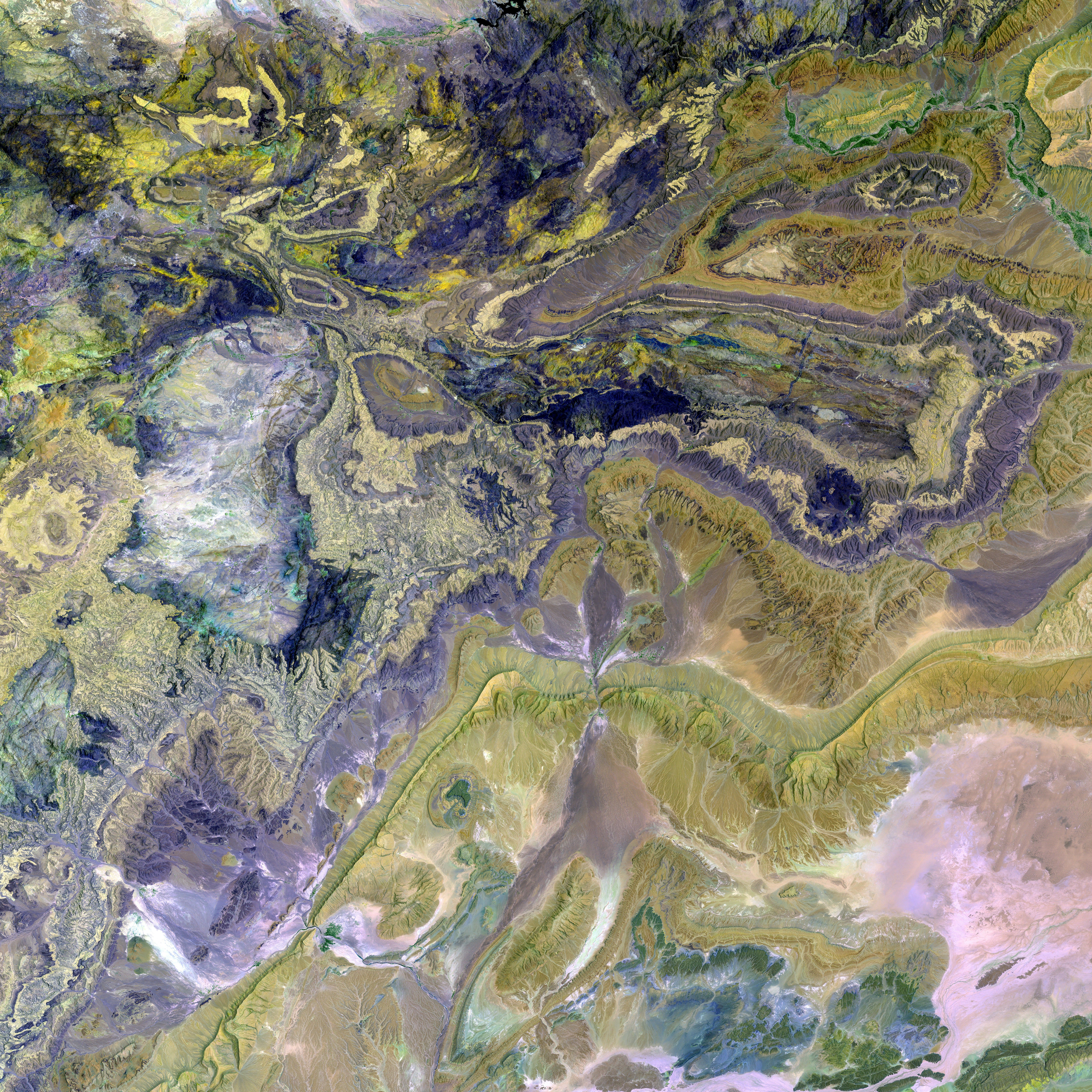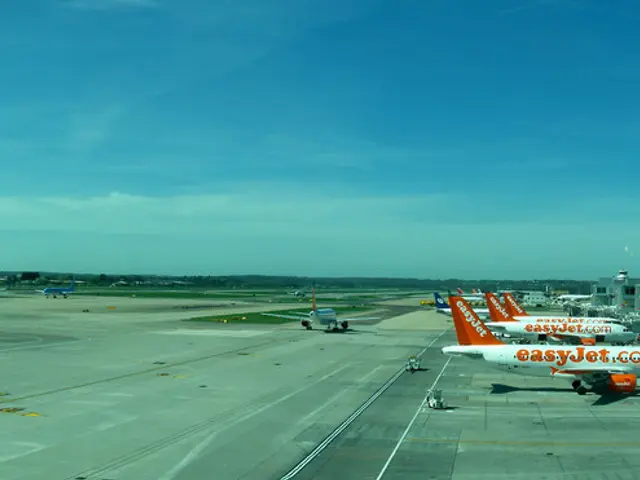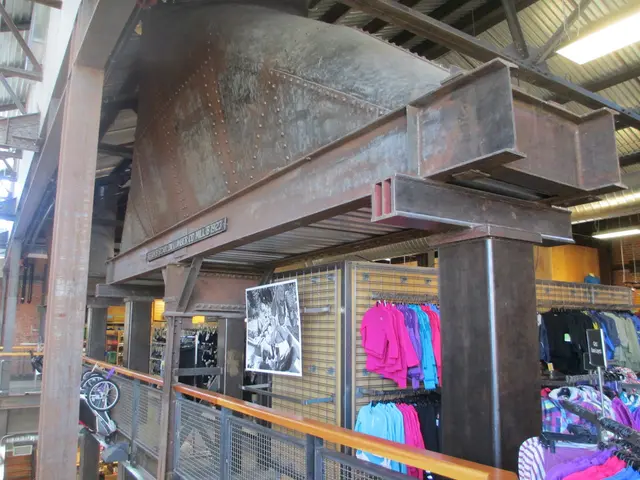Disruption Cripples North Baltic Waterway: Severe Impact Ensues
Strike Paralyzes Germany's Kiel Canal, causing Millions in Economic Damage
The Kiel Canal, a vital shipping route, has been blocked since Monday evening due to a strike organized by trade union Verdi. The move is aimed at increasing pressure on ongoing wage negotiations in the public sector.
The blockade has halted the entry of ships in Brunsbüttel and Holtenau, disrupting maritime trade and transportation. This standstill causes significant financial losses for pilots, canal pilots, and ship brokers, with hundreds of millions of euros in potential economic damage reported.
Klaus Peter Molter, chairman of the Association of Canal Pilots, voices his concern, "The strike is hitting us hard. Our colleagues are left waiting until Thursday." Approximately 3,000 jobs rely on the canal, with over 125 canal pilots and 300 pilots from two brotherhoods in Brunsbüttel and Kiel also affected.
Jan Klein, managing director of UCA United Canal Agency, points out not only the financial impact but the increase in CO2 emissions as well, as ships are forced to reroute around Skagen instead of using the Kiel Canal.
The shipping company Maersk Line is one of the many affected, with its container ship "Laura Maersk" passing through the canal on Monday as one of the last before the strike. The ship's return journey to Bremerhaven has been delayed, with the vessel now set to travel from Gothenburg via Skagen instead.
Trade Unionist Frank Schischefsky from Verdi confirms the high strike readiness among members, stating that they have managed to paralyze the canal with just a handful of members. The change in staffing at the Waterways and Shipping Authority North Sea-Kiel Canal, from civil servants to employees, has increased Verdi's leverage, according to Schischefsky.
Critics, like Jens-Broder Knudsen of the Kiel Canal initiative, argue that the strike further damages the canal's image during these challenging times.
Despite the blockade, not all activity on the canal has ceased. Barges continue to sail in Kiel and at the eastern end, with dredging work ongoing. The Waterways and Shipping Authority North Sea-Baltic Canal has confirmed that traffic management is not required for the vessel traffic in these areas.
The navy was one of the last ships to pass through the canal on Tuesday night, as the corvette "Emden," which made headlines due to a sabotage attempt, left the Hamburg shipyard earlier than planned and entered Brunsbüttel as the second-to-last ship.
It should be noted that trade unions, such as Verdi, have a history of engaging in strikes in various industries to demand better working conditions and wages. These strikes can lead to economic disruption, supply chain disruptions, and impact local economies.
- The disruption caused by the ongoing strike in the Kiel Canal, a significant route for the industry, brings a potential increase in CO2 emissions due to ships rerouting, as mentioned by Jan Klein, the managing director of UCA United Canal Agency.
- The Association of Canal Pilots, led by Klaus Peter Molter, emphasizes that the strike is causing substantial financial losses not only for pilots but also for ship brokers.
- Strikes like the one organized by trade union Verdi in the public sector, as seen in the Kiel Canal case, often have far-reaching implications for environmental science, especially with regards to transportation and climate change, as ships seek alternative routes.
- The financial impact of the strike on the Kiel Canal is not the only concern, as the public transit systems in the affected regions may experience additional strain due to increased road traffic, a potential consequence that warrants further attention and planning.








